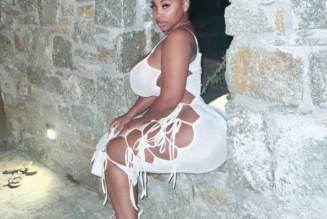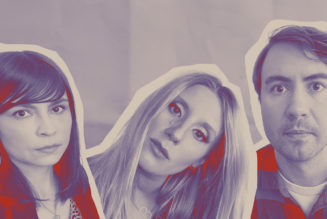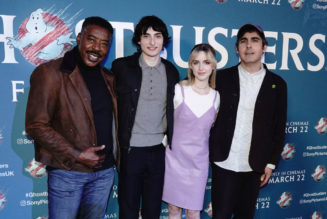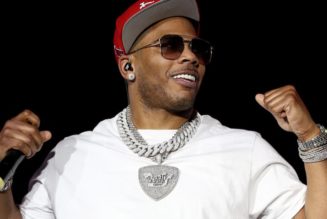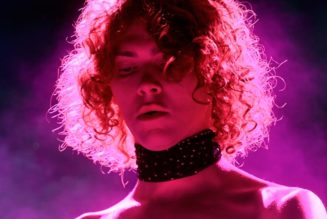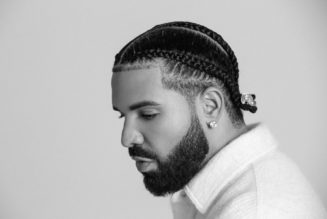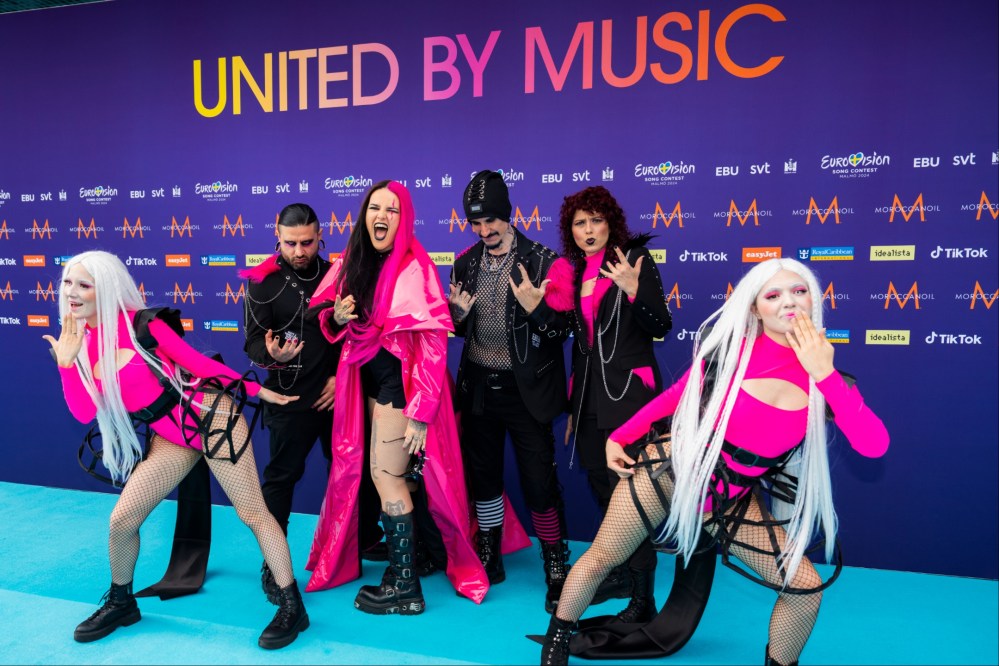
It’s that time of year again, when Europe and pop music collide in a riotous (and sometimes downright bonkers) display of color, rhythm and fun. This year, the Eurovision Song Contest is being held in Malmo, Sweden, after Swedish singer Loreen won the 2023 competition.
Ahead of the grand final on Saturday evening, the contest’s executive supervisor Martin Österdahl sat down with Variety to talk about how the show has been inspired by the Oscars, is one of the few platforms left that offers “overnight success” and hopes to be a “beacon of light” during times of geopolitical instability.
With this year being the fiftieth anniversary of ABBA performing “Waterloo” at Eurovision – a moment that paved the way for the band to conquer the world – and the competition taking place in the band’s hometown of Sweden, there is a lot of anticipation building for some kind of ABBA reunion. Can you give us any hints if Bjorn et al will make an appearance?
When Eurovision comes to Sweden, the first question is usually is ABBA going to come back? It was the same [when Sweden hosted] in 2013 and in 2016 as well. This year it’s just fantastic. One of the leading values for us coming into this contest has been celebration, because there’s so much to celebrate. I mean, we have the fiftieth anniversary of “Waterloo” of course, we have the record-breaking seven wins for Sweden tied with Ireland in the all-time list, we have [Swedish contestant] Loreen, who has become the only female artist to win twice. So that’s very much been the focus of the creative content this year.
Popular on Variety
How have you tweaked the format this year?
We have some exciting changes this year. I mean, we always try to tweak a little bit on what arguably is the world’s oldest entertainment format and longest-running TV show, but for this year we’re doing a couple of things in terms of increasing the engagement in the shows. One is the changes to the voting so we are allowing people to cast their votes as they see something that they like on stage; you don’t have to wait until all the countries have performed before you can cast your vote. We also introduced the rest-of-the-world vote last year and we have extended their time window so that they can actually vote 24 hours before the show starts.
Eurovision seems to get bigger every year, partly because, like the Oscars, it’s one of the few cohesive moments in an otherwise fragmented pop culture.
That’s very true. It’s an exception in so many ways. People watch this together with their families, with their friends, with the ones they love. Whereas media consumption today is very much individual and people are in their own rooms watching whatever they like on their own. I think one of the other unique things about Eurovision is that it’s still arguably the only platform left for overnight success. We keep churning [hits] out on a yearly basis. In the last couple of years we’ve seen the likes of [Netherlands’ entry] Duncan Laurence with “Arcade,” “Snap” with Rosa Linn [Armenia’s 2022 entry] Maneskin [Italy’s 2021 winning entry] just became global hits. It’s just amazing. It keeps happening. And I think that’s made the music industry realise that this is enormous. Because it’s no longer just a weird niche thing. It’s actually churning out mainstream global pop hits.
This year’s hosts are Swedish comedian Petra Mede and actor Malin Åkerman. How important is choosing the show’s hosts?
Before I had this role, I produced [the show] twice when it was in Sweden, I was the executive producer in 2013 and ‘16. The way we were thinking about it back then was we actually took inspiration from the Oscars. Because it’s a long show and it’s a lot of VT or live acts that take up a majority of the airtime, so you don’t actually have that much time to make an impression. You need to be able to set the tone and have strong characters. You need the experience of live TV. You need that confidence. You need to be able to improvise when things happen, because things always happen in live TV, especially if it’s a long show like this. And you need a good script.
The last few years have been tumultuous in terms of politics, first with the Ukraine war and then with the Hamas attacks in Israel followed by the war in Gaza. How difficult is it to balance geopolitics with the contest?
It’s been difficult this year. You know, we’re all humans and we all understand what’s going on in the world and there are a lot of emotions around this and that’s fine. But our job is to is to be a beacon of light. We came back as the first big entertainment show and event after the pandemic and we were a beacon at that point. I’m hoping we can do that again and show to the world that if we can put our differences aside for a moment and unite together in music, there’s still hope for a brighter future for us. That’s what we’re about and that’s what we’re focusing on doing.
This interview has been edited and condensed.

